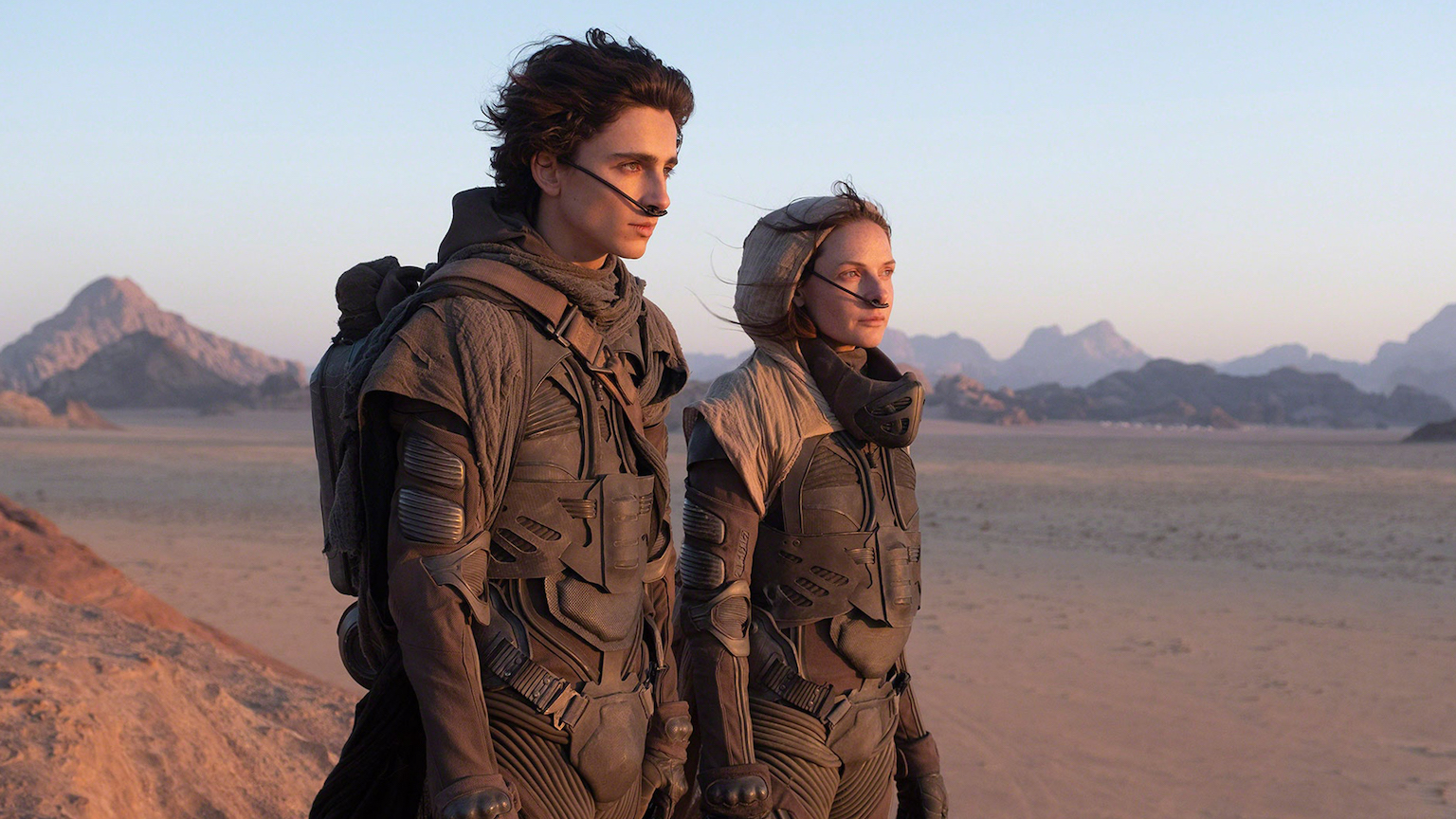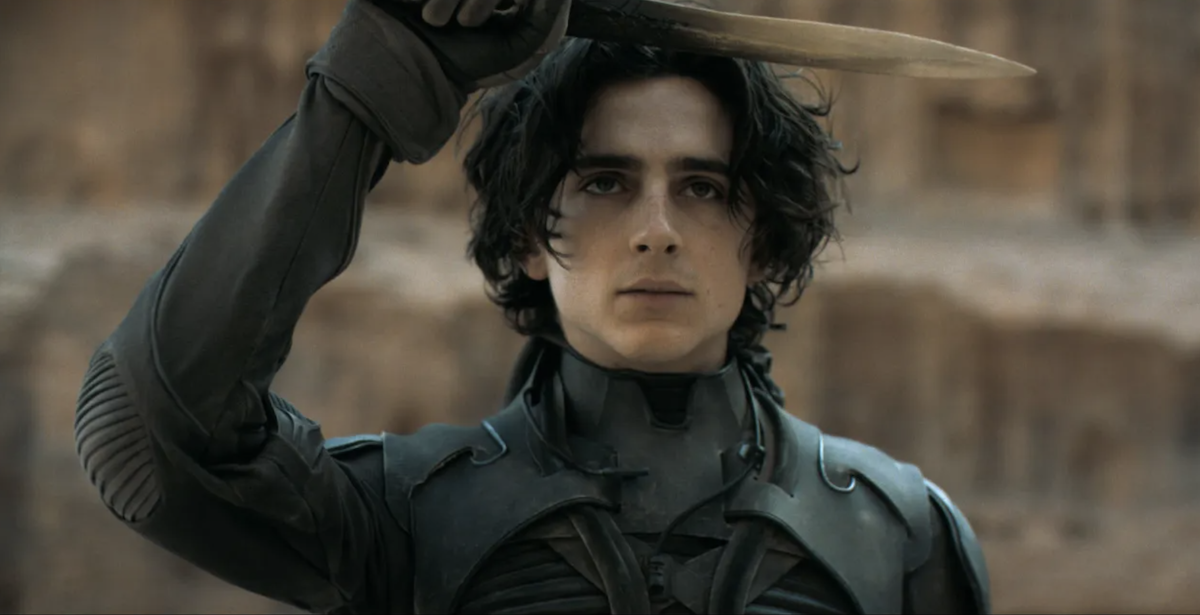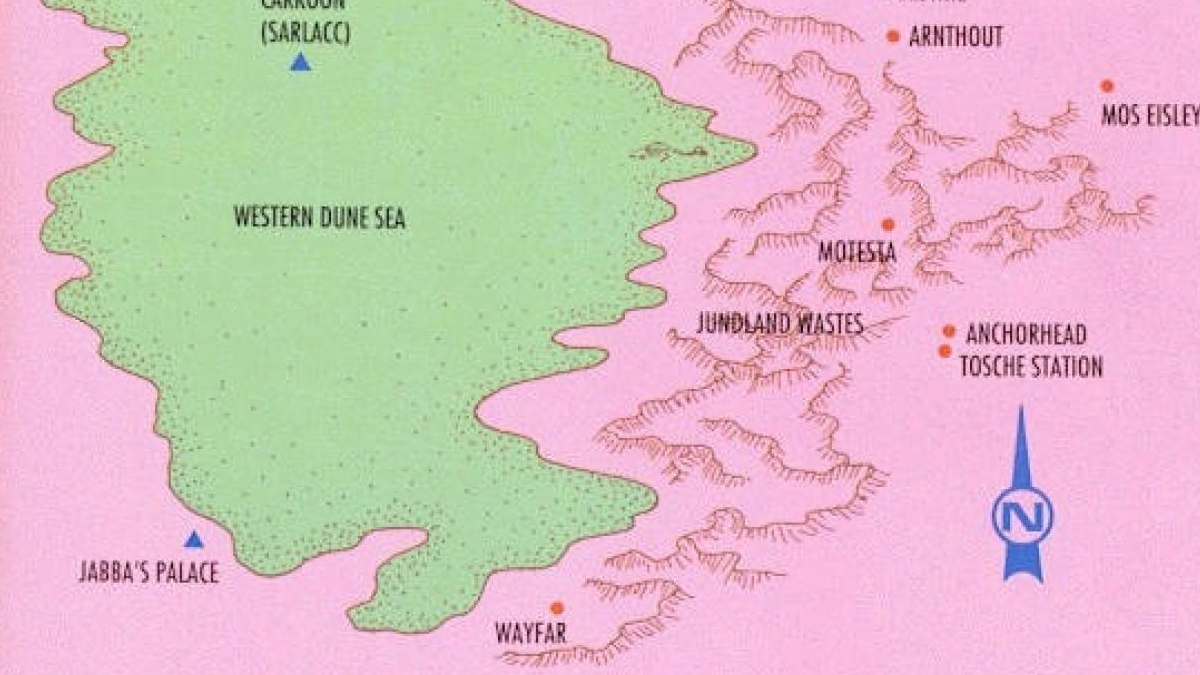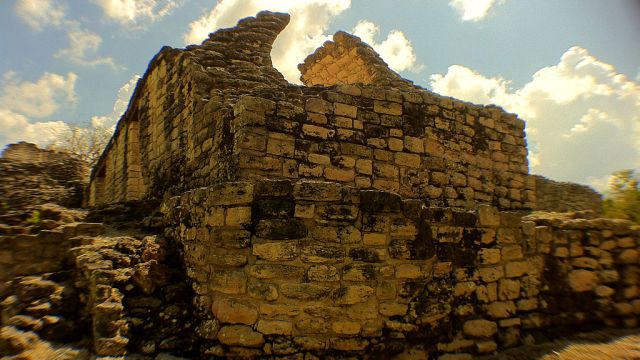Is “Dune” worth the hype?

- “Dune” the book was one of the greatest science fiction novels ever written.
- For various reasons, several attempts to portray the book on the silver screen failed miserably.
- But the latest adaptation by Denis Villeneuve is amazing. Go see it!
Two weeks ago the new adaptation of Dune, the revolutionary science fiction classic by Frank Herbert, finally hit theaters (and HBOMax). There was considerable anticipation for the film, as the Interwebs pored over,and debated,everything from casting decisions to early photos of costume design (Stillsuits in particular). That anticipation transformed into a fever pitch of analysis as the film premiered to rave reviews from both fans and critics. As of today, Dune is the #1 movie in the U.S.
But why was there so much riding on this film for so many people? And now that it has appeared, why are people so excited about it? Well, tighten your ‘thopter seatbelts and get those worm-hooks ready ‘cuz today, we are going to unpack the hype surrounding Dune, both the book and the movie.
Dune the book
Dune, the book, was published in 1965. It quickly rose to the stratosphere of greatness inhabited by works like Lord of The Rings. It is on everyone’s list of top ten science fiction books ever written and is easily a candidate for “best ever.” But Dune did something much more than, say, The Foundation series by Isaac Asimov (which also makes many top ten science fiction novel lists). A few weeks ago, I wrote about Foundation, in light of its new AppleTV adaptation. In that piece, I made the point that Foundation was important because it was the first true galactic empire story and set the stage for much of what followed in science fiction. But Dune did something even more significant.
It crossed over.
Dune eventually became recognized as a feat of imagination so grand that its story rose to the level of myth in the Joseph Campbell sense of the word. The fact that Dune’s story happens on a distant planet in the distant future is a just a means for its author to explore essential human issues about the nature of leadership, the relationship between religion and politics, and the ways landscape shapes both people and culture. In the words of Karen Armstrong, the scholar of religion, stories of myth occur “everywhere and everywhen.” That is the case with Dune.
As a novel and a story, Dune was dense in the best sense of the word. It was an archetype of what is called “universe-building” in science fiction and fantasy. Entire languages and cultures with their own rich 10,000-year histories were imagined into being across its pages. While there were no aliens in the universe of Dune, it takes place so many thousands of years into the future that humans have evolved into a diversity of forms that are alien enough. Most importantly, Dune’s universe was fully “lived in” by its main characters. They never became two-dimensional but retained their humanity and internal lives as they struggled against the roles destiny bequeathed to them. This is particularly true of the hero Paul Atreides, son of Duke Leto Atreides, on whom the terrible burden of history falls.
From the feudal houses that govern the galaxy and the 400-meter-long sandworms of planet Arrakis to the Space Guild whose members control interstellar travel at the cost of mutating into another version of humanity, Dune gave its readers a vast yet intricate story they could escape into. But, at the same time, it was a story that still asked difficult questions about culture, religion, and conflict. That is why so many people have wanted, or tried, to bring Dune to life in film.
It is also why so many people failed in spectacular ways.
Dune the movie(s)
The 1984 David Lynch adaptation had some merit in its art design but was notorious for its poorly conceived voice-overs and over-the-top performances by actors like Sting. (That Sting? Yes, that Sting.) A 2000 version by the SyFy Channel was workman-like in making its way through the books but lacked any of the grand sweep which fans felt from the books. There was also a planned film by the avant-garde director Alejandro Jodorowsky which, while it never got made, had its own history that was so epic that the attempt itself was turned into a documentary. All these failed versions meant that fans of the book have been waiting for decades to see Herbert’s vision made “flesh” in a form that captured both the scale and the intimacy of the book.
Director Denis Villeneuve’s adaptation delivers on both counts. Villeneuve has developed a reputation as an artist who can make smart science fiction with films like Arrival and the visually stunning and now-recognized-as-a-masterpiece Blade Runner 2049. Villeneuve makes the immediate right call by naming his movie Dune: Part One. The story is too big to fit into even a three-hour film, and by taking its time, this new version of Dune can linger on key elements of the story and the universe that story inhabits. And while it is possible that a good movie version of Dune needed to wait for the kind of advanced digital effects that are now possible, Villeneuve never lets those effects overwhelm the film. The choice of actors was spot-on, particularly the choice of Timothee Chalamet as Paul Atreides. And finally, the screenplay by Jon Spaits doesn’t try to exposition the viewer to death but gives us just enough dialogue to deliver the promise of the book’s deeper themes.
So, as one of those fans who has waited their whole lives to see this book — and its universe — imagined into life, I can state the following unequivocally:
Yeah, the new Dune move is worth the hype and more! Go see it.





